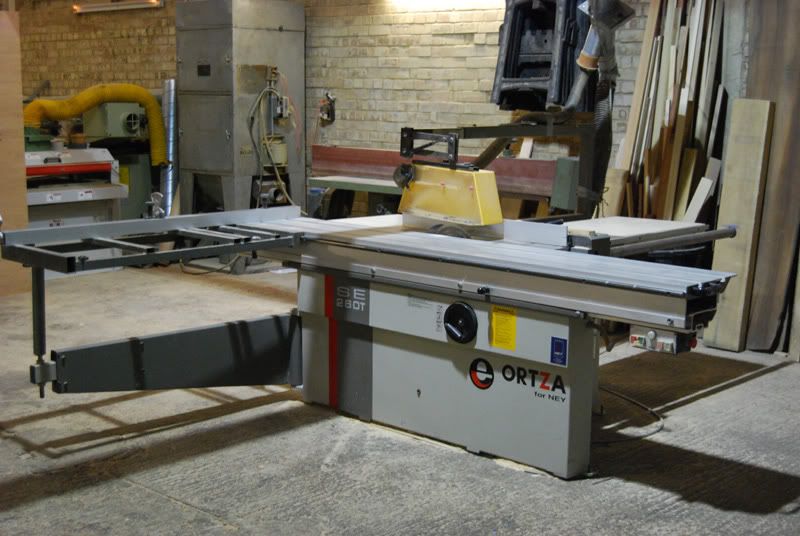wildercreative
New member
- Joined
- 1 Nov 2009
- Messages
- 1
- Reaction score
- 0
Hi All
I am in the market for a new saw and am having trouble making a decision and indeed finding the right machine.
I have been working on a Mini Max sc 3ws for the last 4 years and have had no reason to complain with it.
I have just bought out my partner and part of the deal was he got the saw...
As i have limited space i cant fit in a massive 3200mm sliding saw and am having trouble finding the right small machine.
I want a better build quality than the Mini Max but the same foot print.
The Altendorf WA6 and WA80 both look great and also the Felder K700.
But all pricy...
My budget is about £4000.
I have been looking at the roblands
What can any one tell me about the ssecondhand market (who are the best dealers) and what positive thing have you got to say about different machines in this band
Thanks
Dominic
I am in the market for a new saw and am having trouble making a decision and indeed finding the right machine.
I have been working on a Mini Max sc 3ws for the last 4 years and have had no reason to complain with it.
I have just bought out my partner and part of the deal was he got the saw...
As i have limited space i cant fit in a massive 3200mm sliding saw and am having trouble finding the right small machine.
I want a better build quality than the Mini Max but the same foot print.
The Altendorf WA6 and WA80 both look great and also the Felder K700.
But all pricy...
My budget is about £4000.
I have been looking at the roblands
What can any one tell me about the ssecondhand market (who are the best dealers) and what positive thing have you got to say about different machines in this band
Thanks
Dominic





